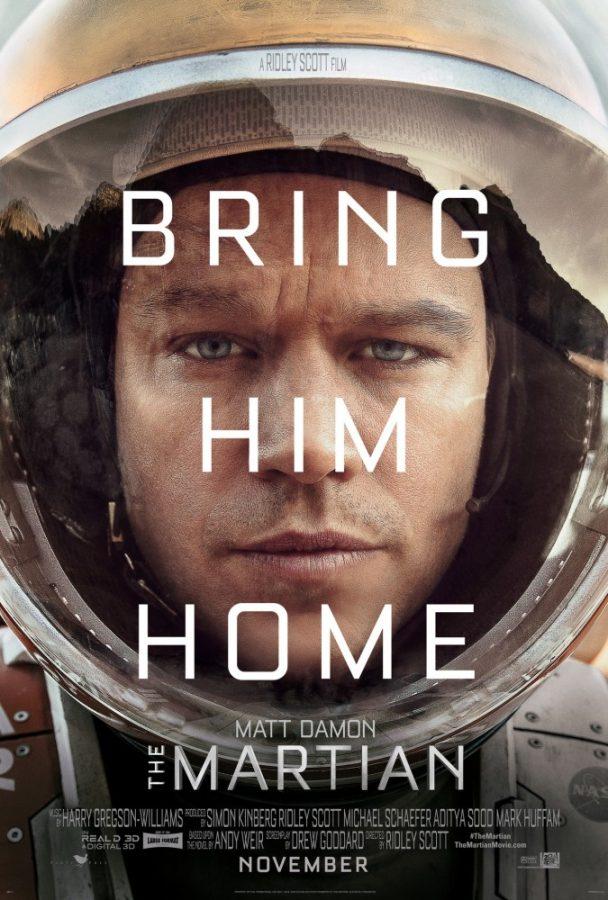Dr. Susan Swanberg has enjoyed science all her life.
As a child, her father would take her out to look at the skies. Looking into the great unknown paved the way for her career in science. Her grandmother gave her a book of bugs, something that mesmerized her and what she cited as having a huge impact on her love of the field.
Today, she’s hoping she might have a hand in bringing the next generation into science as the moderator for today’s discussion panel for the movie “The Martian.”
“Such a bold discovery of water on Mars, like the bug book with me, could be inspiring a whole new generation,” Swanberg said.
This discussion panel is coming in light of NASA’s recent discovery that liquid water flows intermittently on Mars. The discovery will bring in an added interest to the already popular movie and book.
Swanberg, a distinguished science journalist and associate professor for the UA School of Journalism, said she looks forward to discussing the possibilities for future colonization on Mars with the panelists, as well as seeing their reactions to the plausibility of the movie.
“Another topic of interest is: how did the movie differ from reality?” Swanberg said.
The panel will be comprised of three UA Martian experts: Wolfgang Fink, Alfred McEwen and Gene Giacomelli.
McEwen was an author the recent NASA report about finding evidence of flowing water on Mars. Fink is an engineer who researches autonomous decision-making algorithims that could one day be utilized by a Mars rover. Giacomelli is the director of the Controlled Environment Agriculture Center here at the UA and is helping to design greenhouses that could grow food on Mars.
Fink will be discussing robotic exploration on the planet and explained that ultimately the focus of the panel is to not only compare the planet with the book and movie but also to talk frankly about what has been learned about Mars.
“The movie touches on many aspects, some are science fiction in a way,” Fink said.
McEwen said that, while the movie did take some liberties from the book, neither was entirely accurate as to the reality of Mars.
“[The movie] did an excellent job—great scenery, compelling story, very science-positive,” McEwen said. “A few things aren’t exactly accurate, but that only matters to us Mars nerds.”
Swanberg said she knows her audience will be diverse in age and, like herself, as she looked up at the skies with her father when she was younger, she hopes to impart her love of science to them.
Whether you’ve seen the movie, read the book or are just plain fascinated with space, now’s your chance to hear about Mars from the scientists who are trying to get us there.
Follow Daniel Burkart on Twitter.









